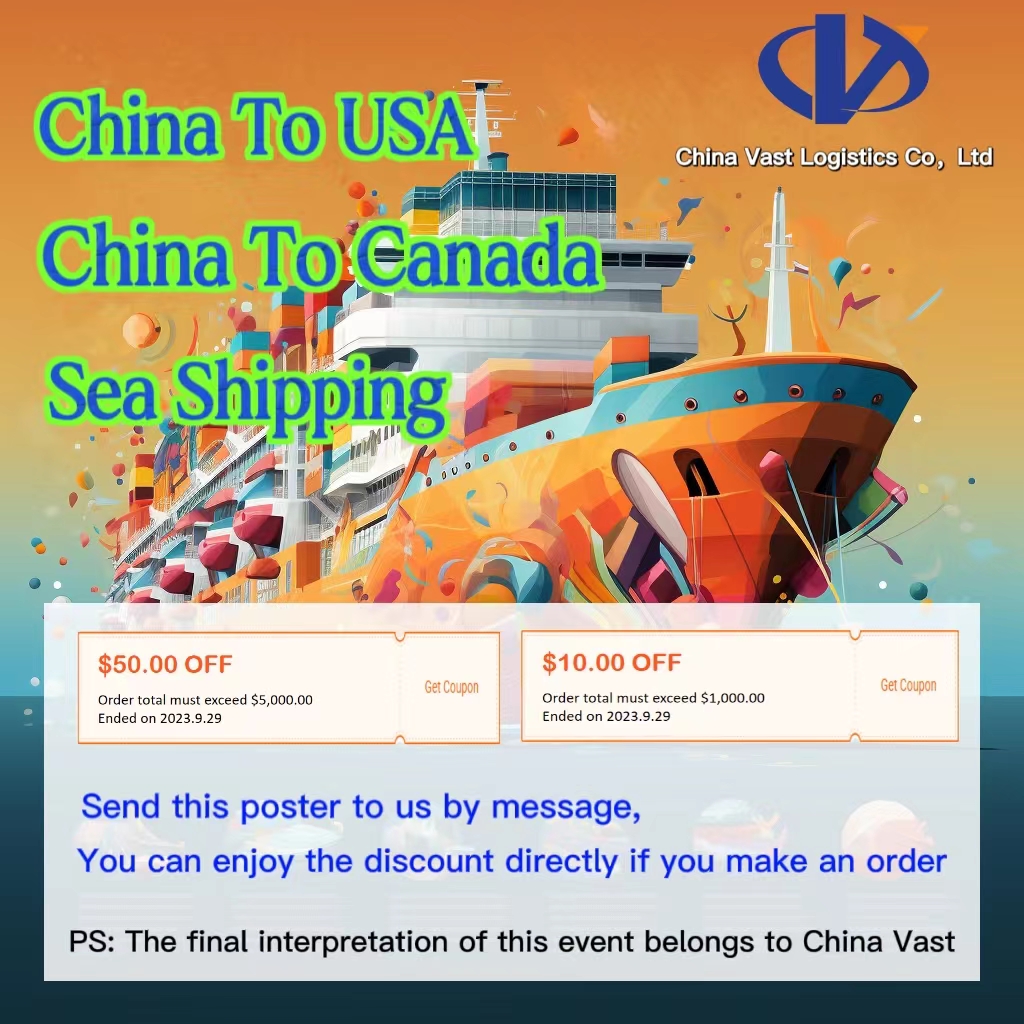In China’s export system, there’s a practice you may have heard of—or even used—called Buy-on-Behalf Declaration.
It means: A seller without export rights borrows another company’s export license to declare the goods at customs.
On the surface, everything seems fine. But here’s the catch: you may have no idea who’s really filing your export.
🧱 Why was this method so common before?
- Some suppliers don’t have export qualifications
- Buyers want fast and simple shipping
- It used to work. Nobody checked too closely.
This is not the standard, compliant way to export. It’s a “gray shortcut” that worked when oversight was loose—but those days are ending.
⚠️ Why you may already be at risk
- Do you know who’s listed as the exporter on the customs docs?
- Do the invoice and shipper names match?
- Can your supplier give you proper clearance paperwork?
If not, you may be operating inside a “risk corridor.”
🧨 Bigger risk: you’re not in control
The license provider might be under audit—your goods get frozen. You can’t track who really filed your declaration. If anything goes wrong, the paper trail is broken.
🚪 This “gray export channel” is closing
China is tightening digital oversight on export compliance:
- Data from tax systems, customs, and banks are becoming interconnected
- Customs can flag mismatches in goods, invoice, and exporter identity
- Non-transparent declarations are under serious scrutiny
Source: General Administration of Customs announcements (2023–2025)
✅ Compliance isn’t complicated—with the right partner
Vastlog does not offer buy-on-behalf services. But we do provide:
- Licensed export support
- Compliant third-party customs declarations
- Transparent documentation
- One-stop export + clearance + delivery services
🤝 Want to check if your supply chain is secure?
📩 info@vastlog.com 📱 WhatsApp: +86 137 8068 5000 🌐 www.vastlog.com

